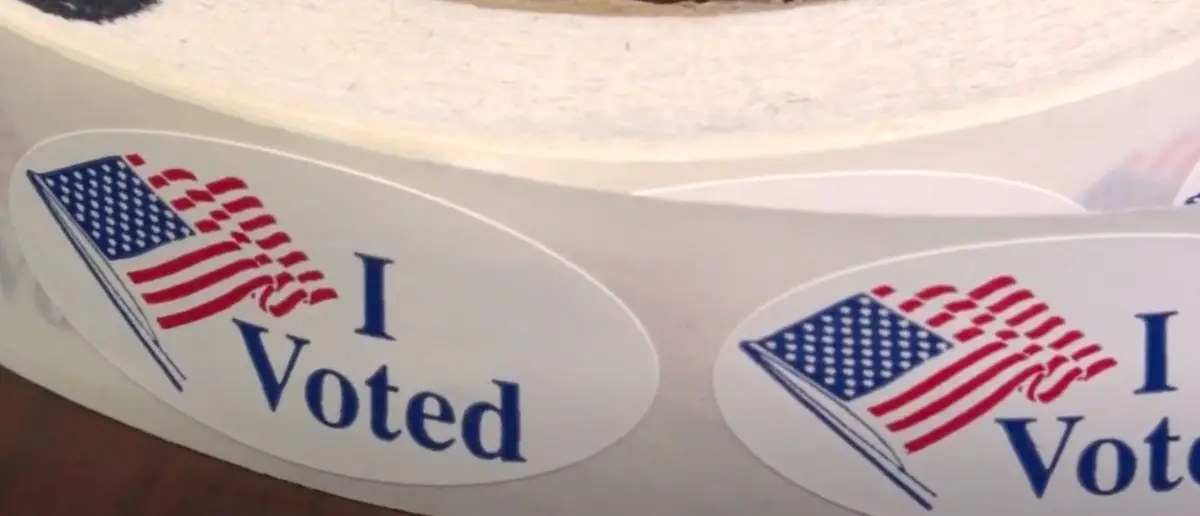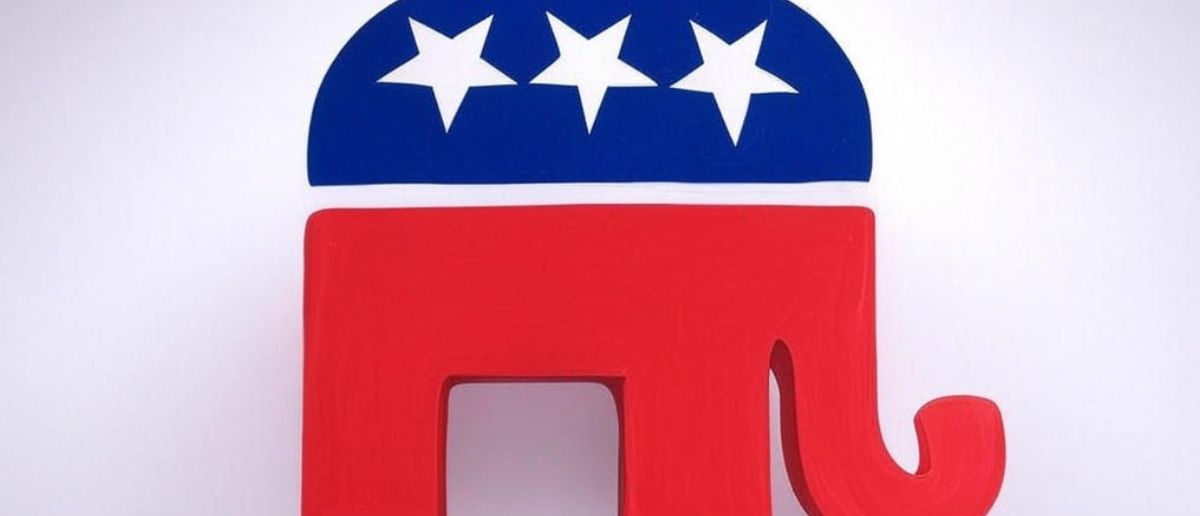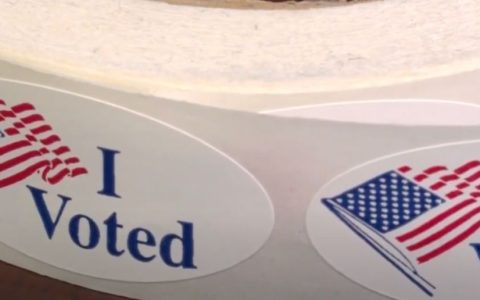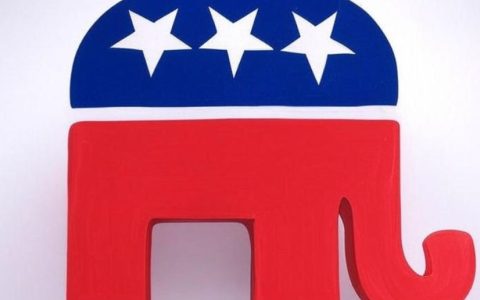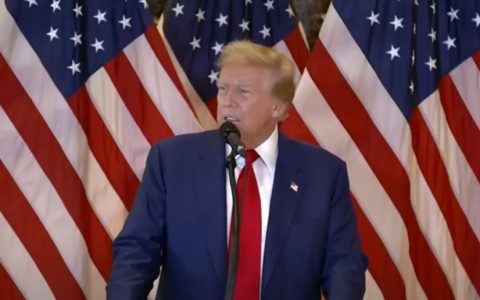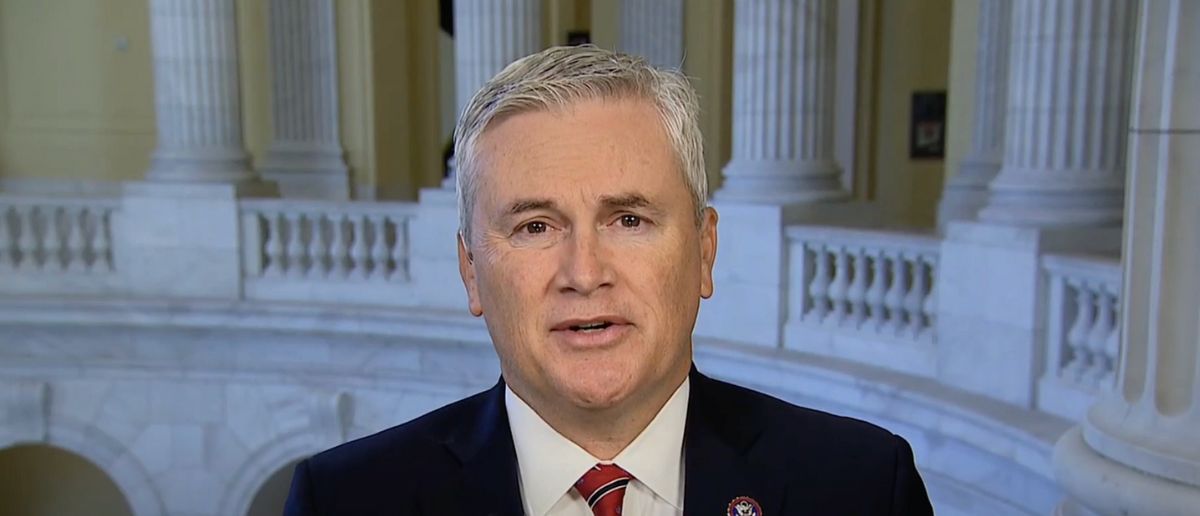
The truth about the Biden admin scandals are not yet fully known. The question is if we will ever get the full story.
And now a U.S. House Rep. has created a constitutional crisis when he looked under this Biden admin rock.
House Representative James Comer Unpacks Biden Autopen Controversy
House Oversight Committee Chairman James Comer stated on Wednesday that his panel’s probe into the use of an autopen by former President Joe Biden’s administration has yet to uncover any proof that Biden directly controlled the documents bearing his signature.
A New York Times article published on Sunday detailed Biden’s reliance on an autopen, noting that while he established criteria for a broad range of clemency and pardons issued late in his term, he did not personally review each recipient. During an appearance on “American Agenda,” Comer revealed that two former Biden aides interviewed by the committee failed to provide evidence that Biden knew who operated the autopen or what documents it was used to sign.
“There’s no evidence that’s emerged thus far after two complete transcribed interviews and then two attempted depositions where the witnesses pled the fifth on every single question,” Comer said. “At this point, there’s no evidence that would suggest Joe Biden had any idea who was using the autopen and what they were signing his name on. That’s a very serious constitutional crisis here that puts all those pardons that he signed and all the executive orders that he signed in legal jeopardy. So this is a very serious investigation.”
On July 9, Biden’s physician, Dr. Kevin O’Connor, invoked his Fifth Amendment rights during a deposition. Similarly, Anthony Bernal, former chief of staff to First Lady Jill Biden, also pleaded the Fifth on Wednesday.
“We’re giving people in the Biden administration like Anthony Bernal the opportunity to tell their side of the story, to tell that Joe Biden was whipsmart, he knew exactly what was going on and told people, ‘Yes, use my signature on this document and that document.’ And thus far, that hasn’t happened,” Comer added.
Comer further noted a New York Times interview in which Biden admitted he did not know the details of every individual pardoned and relied on his staff to handle the process. “Plus, you add in the New York Times interview … where he admitted he didn’t know every single person who was pardoning and didn’t know that much about them. He said he authorized his staff to do that,” Comer said. “That’s not how the pardon process works. So he’s incriminated himself. And I think that’s where we are in the investigation. We’re going to bring in everybody that was in the White House and give them an opportunity to talk and then go from there.”
In the New York Times interview, Biden explained that he instructed his staff to use the autopen for clemency warrants due to the large volume of recipients, while insisting he approved all pardons and commutations issued at the end of his presidency.
Biden also addressed the pardons granted to family members and high-profile figures such as General Mark Milley and Dr. Anthony Fauci, stating that he personally discussed each “high-profile pardon” with his aides.
“I consciously made all those decisions,” Biden said. The only pardon Biden personally signed by hand between December 2024 and January 2025 was for his son, Hunter. During that period, 25 pardons and commutations were executed using the autopen.
Biden Autopen Controversy Raises Questions of Authority
The Biden administration’s use of an autopen to sign thousands of clemency warrants and executive actions has sparked a firestorm of controversy, raising serious questions about who was truly in control of the executive branch during the final months of Joe Biden’s presidency. The House Oversight Committee, led by Chairman James Comer, has launched a rigorous investigation into what some are calling a potential constitutional crisis, alleging that Biden’s aides may have acted without his direct authorization, undermining the legitimacy of critical decisions.
The controversy centers on the autopen, a mechanical device that replicates a signature, which was used to affix Biden’s signature to 25 pardon and clemency warrants between December 2024 and January 2025. These included high-profile pardons for figures like Dr. Anthony Fauci, General Mark Milley, and members of Biden’s own family, as well as commutations for nearly 1,500 individuals. While Biden has defended the practice, claiming he personally approved the criteria for these actions, critics argue that his delegation of authority to aides raises doubts about his mental capacity and the legality of the signed documents.
Comer’s investigation has revealed a troubling lack of evidence that Biden was fully aware of the autopen’s use or the specific documents it signed. In interviews with former Biden aides, including Neera Tanden and Ashley Williams, the committee found no testimony confirming Biden’s direct oversight. More alarmingly, key figures such as Biden’s physician, Dr. Kevin O’Connor, and Jill Biden’s former chief of staff, Anthony Bernal, invoked their Fifth Amendment rights during depositions, refusing to answer questions about Biden’s mental state or the autopen process. This silence has fueled suspicions of a deliberate cover-up within the administration.
Biden’s own statements have done little to quell the controversy. In a July 2025 interview with The New York Times, he admitted to not reviewing each individual pardon, instead approving broad categories for clemency. “I made every decision,” Biden insisted, but his reliance on aides to finalize lists without his direct input has been criticized as a breach of the pardon process’s integrity. Comer has argued that this delegation “is not how the pardon process works,” suggesting that Biden’s admissions could place the legal validity of these actions in jeopardy.
The scale of Biden’s clemency actions is unprecedented, with over 4,200 individuals receiving pardons or commutations, a record for any U.S. president. The Oversight Project, a conservative group, identified multiple autopen signatures used on these warrants, raising concerns about who controlled the device and whether Biden was even consulted. The fact that only one pardon—for his son, Hunter—was hand-signed during this period further undermines claims of Biden’s full engagement.
Critics, including President Donald Trump, have seized on the autopen issue to question the legitimacy of Biden’s final executive actions. Trump, who ordered a Justice Department probe into the matter in June 2025, has called it “one of the most dangerous scandals in American history,” alleging that unelected aides effectively ran the White House. The refusal of key aides to testify transparently only deepens the perception that the Biden administration operated with a lack of accountability.
Legal scholars have weighed in, with some, like Georgetown’s Randy Barnett, labeling the autopen scandal as “the biggest constitutional scandal in U.S. history.” The absence of clear evidence that Biden authorized each signature challenges the constitutional requirement that presidential actions reflect the direct intent of the elected executive. If aides acted independently, as Comer’s investigation suggests, it could call into question not only the pardons but also executive orders and judicial appointments made during Biden’s final months.
The Biden administration’s defense—that the autopen was necessary due to the sheer volume of clemency actions—rings hollow to skeptics. While the use of an autopen is legal and has precedent, as noted in a 2005 Justice Department opinion, its application to such a vast and consequential set of decisions without clear presidential oversight is unprecedented. Biden’s claim that he discussed high-profile pardons with aides does little to address concerns about the thousands of others processed without his direct review.
The investigation has also drawn attention to the roles of key aides like Anthony Bernal, described as Jill Biden’s “work husband,” and Jeff Zients, Biden’s chief of staff, who reportedly approved autopen use for pardons.
Democrats have dismissed the probe as a partisan distraction, arguing that it diverts attention from pressing issues like economic policy. However, the refusal of Biden’s aides to provide clear answers, combined with the former president’s own admissions, lends credence to accusations of mismanagement.

